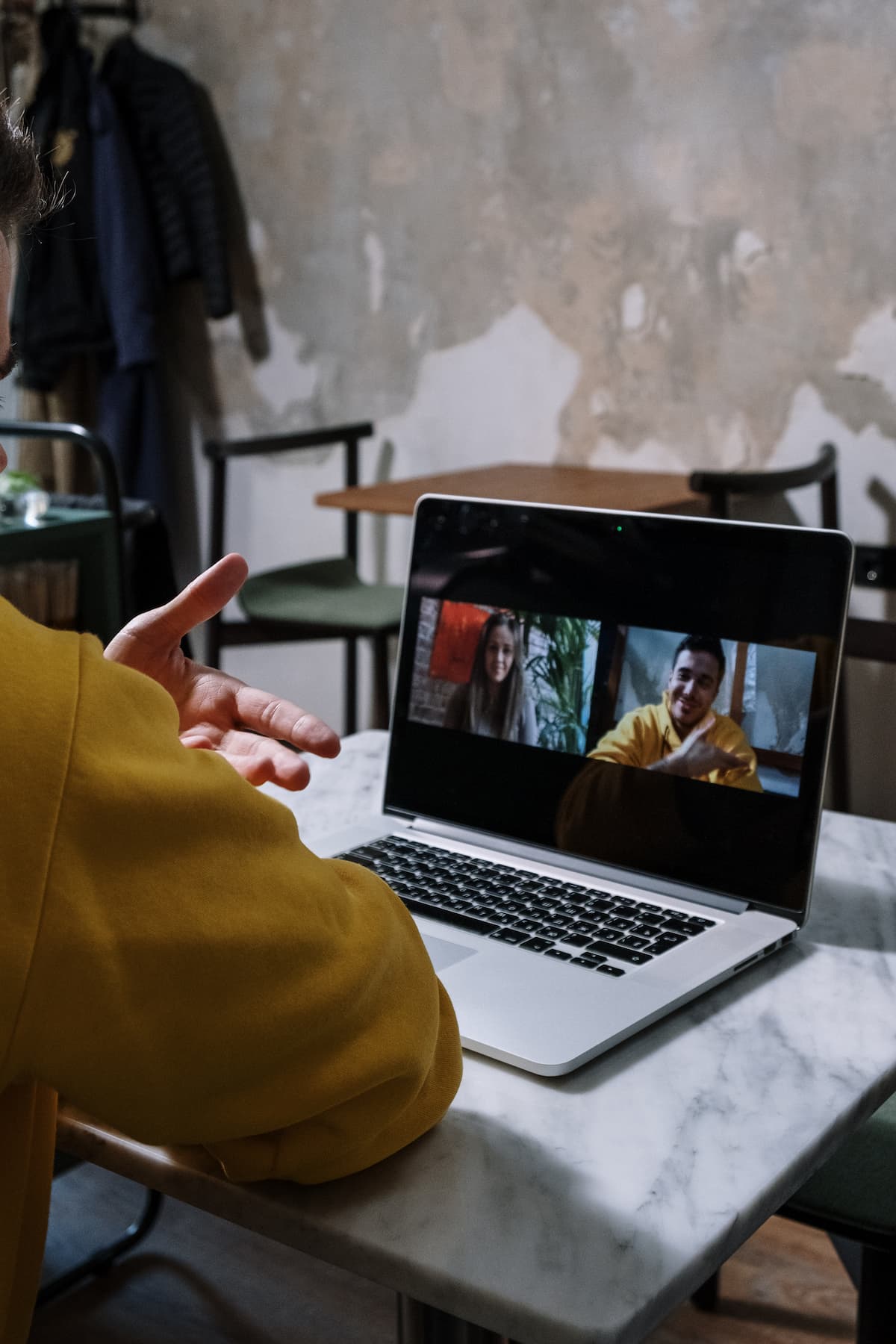
ENGAGE – June Mid-Month Training
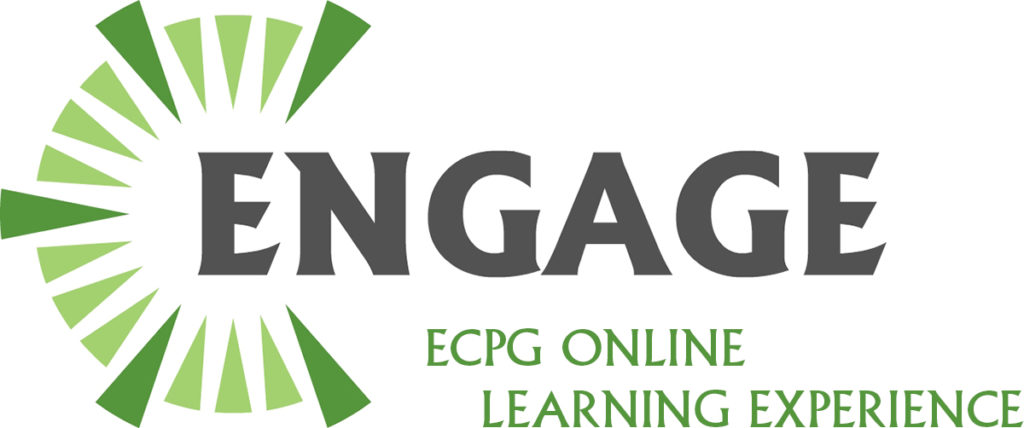
Virtual Mid-Month Training – June 14-15, 28-29, 2021
Scholarships Available
Join us in June for some fantastic training topics to assist you in your professional development and the work you do to support others. Choose 1, 2, 3, or all 4 training days in June. Registration is still open for the June 28-29 training days.
Half-day Sessions:
- June 14: 9 a.m. to 1 p.m. PT/10 a.m. to 2 p.m. MT/11 a.m. to 3 p.m. CT/12 p.m to 4 p.m. ET
- June 15: 9 a.m. to 1 p.m. PT/10 a.m. to 2 p.m. MT/11 a.m. to 3 p.m. CT/12 p.m to 4 p.m. ET
- June 28: 9 a.m. to 1 p.m. PT/10 a.m. to 2 p.m. MT/11 a.m. to 3 p.m. CT/12 p.m to 4 p.m. ET
Special Full-Day Session on ASAM Criteria for Assessing Gambling Disorder Patient Levels of Care:
June 29: 9 a.m. to 4 p.m. PT/10 a.m. to 5 p.m. MT/11 a.m. to 6 p.m. CT/12 p.m. to 7 p.m. ET
This special ASAM for Gambling Disorder Session is presented by Gerald Shulman, an author of all four editions of the ASAM Criteria and wrote the section on Gambling Disorder in the current edition, who provides extensive training and implementation consultation on the Criteria, co-occurring disorders, treatment planning and documentation, relapse prevention, and evidenced-based practices.
There are so many great sessions to choose from in June, including:
- ASAM for Gambling Disorder
- Culturally Sensitive Care in Your Practice – Looking at Intersectionality
- IOP Group Therapy for Gambling Treatment
- Outside the Box Therapy
- Tech Addictions
- Teleheath Forum – What We’ve Learned; Where We’re Headed
- Trauma and Screen Use
- Treatment Planning
Schedule:
Monday, June 14
8:30-9 a.m. PT: Welcome and Check-in
9-11 a.m. PT: Trauma – a Burning Fuel for Media Addiction
Presented by Jeffrey Hansen, PhD
11-11:30 a.m. PT: Activity Break – Connections Podcast
11:30 a.m.-1:30 p.m. PT: Electronic Screen Syndrome: Physiology, Symptoms, and Reversal of Screen Time Impacts
Presented by Victoria Dunckley, MD
Tuesday, June 15
8:30-9 a.m. PT: Welcome and Check-in
9-10:30 a.m. PT: Culturally Sensitive Care – the Role of Intersectionality
Presented by Holly O’Reilly, PhD
10:30-10:45 a.m. PT: Activity Break – Connections Podcast
10:45-11:45 a.m. PT: Telehealth Forum – What We’ve Learned This Past Year
Presented by Panel: William Castillo, LMHC, WSCGC-II, ICGC-I, Ty Lostutter, PhD, and Cara Towle, RN, MSN
11:45 a.m.-Noon PT: Activity Break – Kaleidoscope
12-1:30 p.m. PT: Telehealth: Where are We Now, What Does the Future Hold?
Presented by Brad Felker, MD and Cara Towle, RN, MSN
Monday, June 28
8:30-9 a.m. PT: Welcome and Check-in
9-10:30 a.m. PT: IOP and Other Intensive Approaches to Outpatient Treatment for Gambling Disorder
Presented by Panel: Tana Russell, SUDP, WSCGC-II, NCTTP, Facilitator; Susan Campion, Chris Dupuis, MA, CGAC-II, CADC-I, QMHP, Craig McElroy, SUDP, WSCGC-II, and Sarah Sense-Wilson, LMHC, SUDP, WSCGC-II
10:30-10:45 a.m. PT: Activity Break – ECPG LIVE!
10:45 a.m.-12:15 p.m. PT: Collaborative Recovery Planning with Clients Addressing Gambling Problems
Presented by Lori Rugle, PhD, ICGC-II, BACC
12:15-12:30 p.m. PT: Activity Break – Positive Affirmations and Mindfulness
12:30-1:30 p.m. PT: Outside the Box Therapy
Presented by Deborah Haskins, PhD, LCPC, ACS, MAC, ICGC-II, CCGSO, BACC
Tuesday, June 29
8:30-9 a.m. PT: Welcome and Check-in
9 a.m.-4 p.m. PT: ASAM for Gambling Disorder
Presented by Gerald Shulman, MA, MAC, FACATA
10:30-10:45 a.m. PT: Break
12-12:30 p.m. PT: Activity Break – ECPG LIVE!
2-2:15 p.m. PT: Break
Presenters:
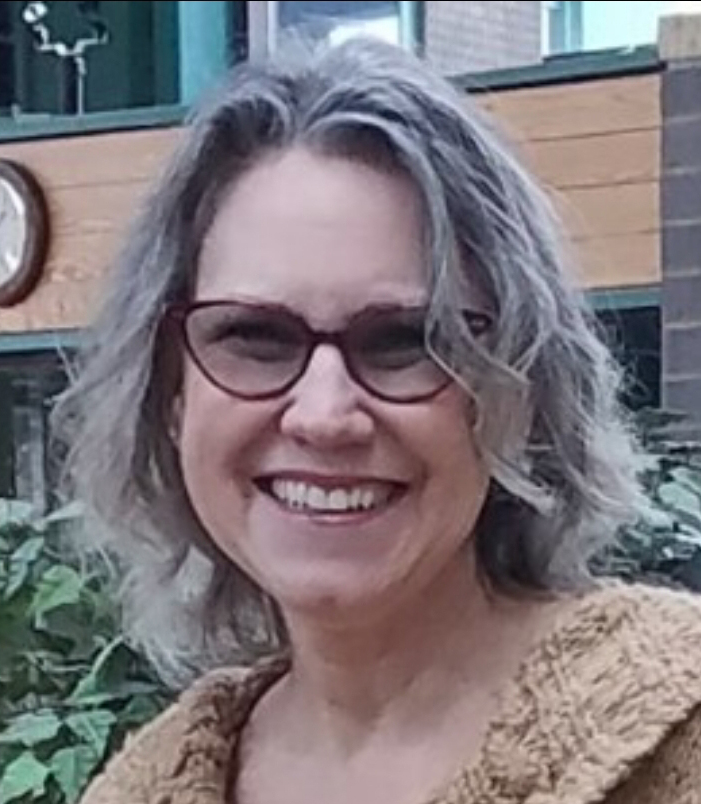
Susan Campion, MS, LADC, ICGC-II is a State of Minnesota Gambling Treatment Provider, Internationally Certified Gambling Counselor II, and a Licensed Alcohol and Drug Counselor. She received her MS in Human Services. She has been providing support services to individuals and families for over thirty years. She has worked in a variety of environments, including inpatient, outpatient, and in private practice. Currently she works as an outpatient Gambling Treatment Provider at MHealth Fairview Addiction Services in Minneapolis, Minnesota. She has recently moved to Florida to begin a new career as a Benefits Advisor to Small Business Owners while continuing to provide telehealth services to her Minneapolis clients.
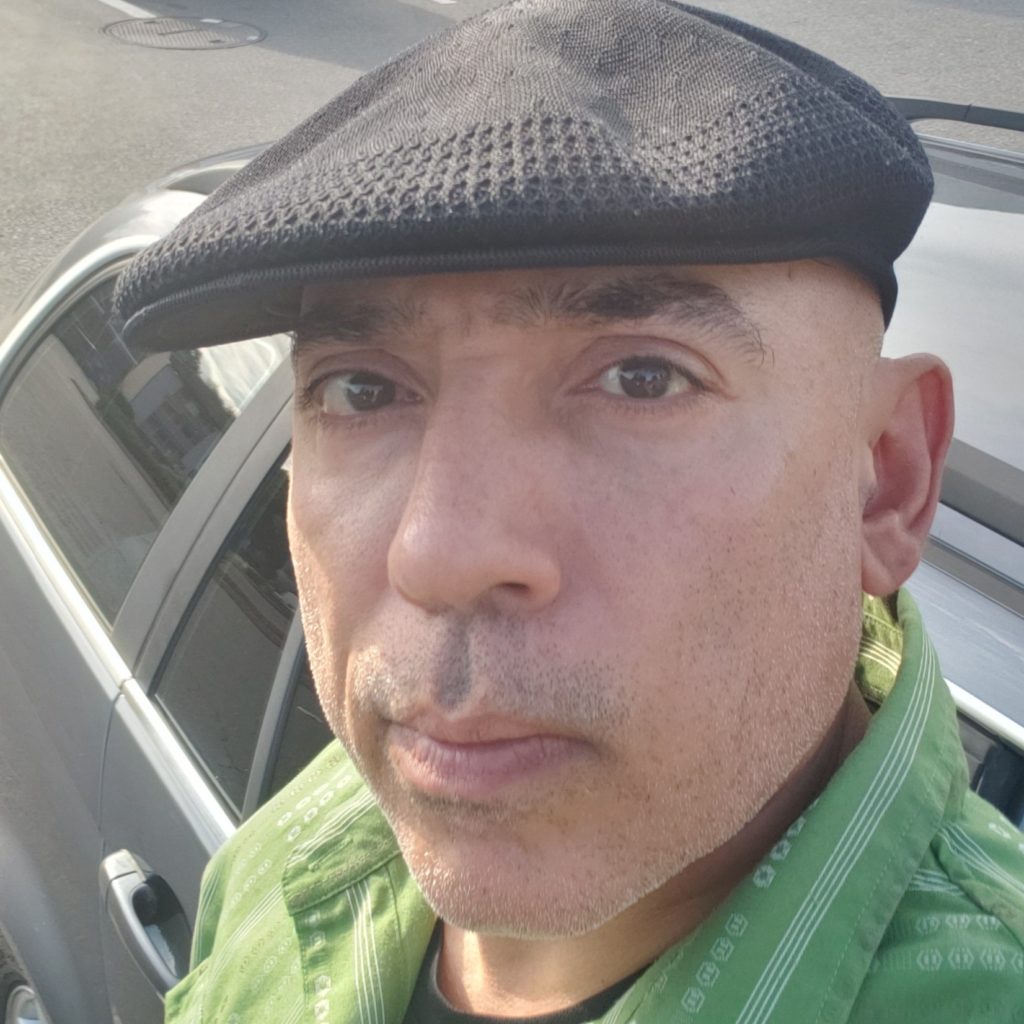
William Castillo, Jr., LMHC, WSCGC-II, ICGC-I, brings more than twenty years of experience as a counselor. He has experience in providing mental health, chemical dependency, and problem gambling services to diverse populations. William has been a Success Skills Instructor at South Seattle Community College, a Support Group Facilitator at Seattle Jobs Initiative, an Intervention/Prevention Specialist and Project Success Counselor at Seattle School District, and a Facilitator and Mental Health Counselor for the Career Bridge Program at the Urban League of Seattle. He received his Master’s in Mental Health Counseling from Argosy University in 2006.

Victoria Dunckley, MD is an award-winning integrative child psychiatrist, based at the Centre for Life in Los Angeles. She is an internationally recognized expert on the impact of screen-time on the developing brain, and a leading voice regarding screen-time’s influence on misdiagnosis and overprescribing in children. Recently named one of “America’s Top Psychiatrists,” Dr. Dunckley and her work have been featured on such media outlets as Psychology Today, NBC Nightly News, NPR, and Good Morning America. She is the author of the groundbreaking book, Reset Your Child’s Brain: A Four Week Plan to End Meltdowns, Raise Grades and Boost Social Skills by Reversing the Effects of Electronic Screen Time, now published in ten languages.
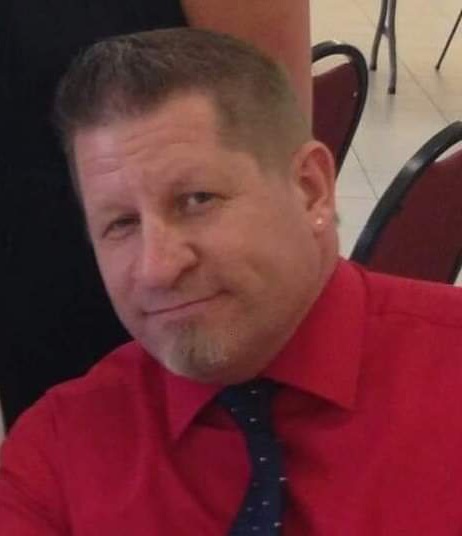
Chris Dupuis, MA, CGAC-II, CADC-I, QMHP, has been in the counseling field for more than 20 years. He has an MA in Psychology. Currently he is involved primarily with the daily operation of Bridgeway Recovery’s Collaborative Intensive Outpatient Program (C-IOP), as well as the Residential Gambling Treatment Program (Santiam House) which opened again recently following a lengthy closure because of COVID.
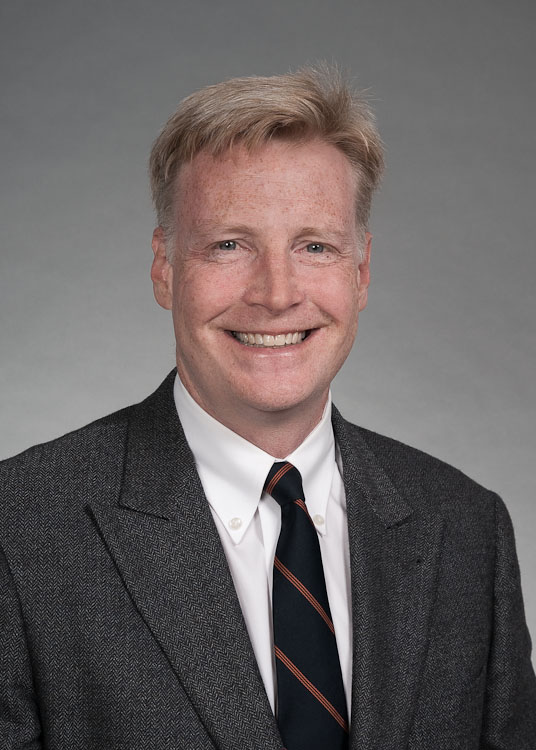
Brad Felker, MD trained in both psychiatry and internal medicine, and his career has focused on improving access and care for populations of patients who lacked mental health services. His early career focused on developing, implementing, and evaluating mental health programs within primary care. This work led to the development and national implementation of the core components of integrated care, known in the VA as Primary Care Mental Health Integration (PCMHI). It was through this integrated PCMHI work that he realized rural patient populations lacked access to quality mental health care and he became interested in how the emerging telehealth technologies could be leveraged to improve mental health care. With the goal to improve care for this population, he developed, implemented, and led the first Telemental Health Service at VA Puget Sound. Besides his work at the VA, he also serves as a Professor in the University of Washington Department of Psychiatry and Behavioral Sciences. Finally, he is an Operation Iraqi Veteran and serves as a Captain in the United States Navy Reserve.
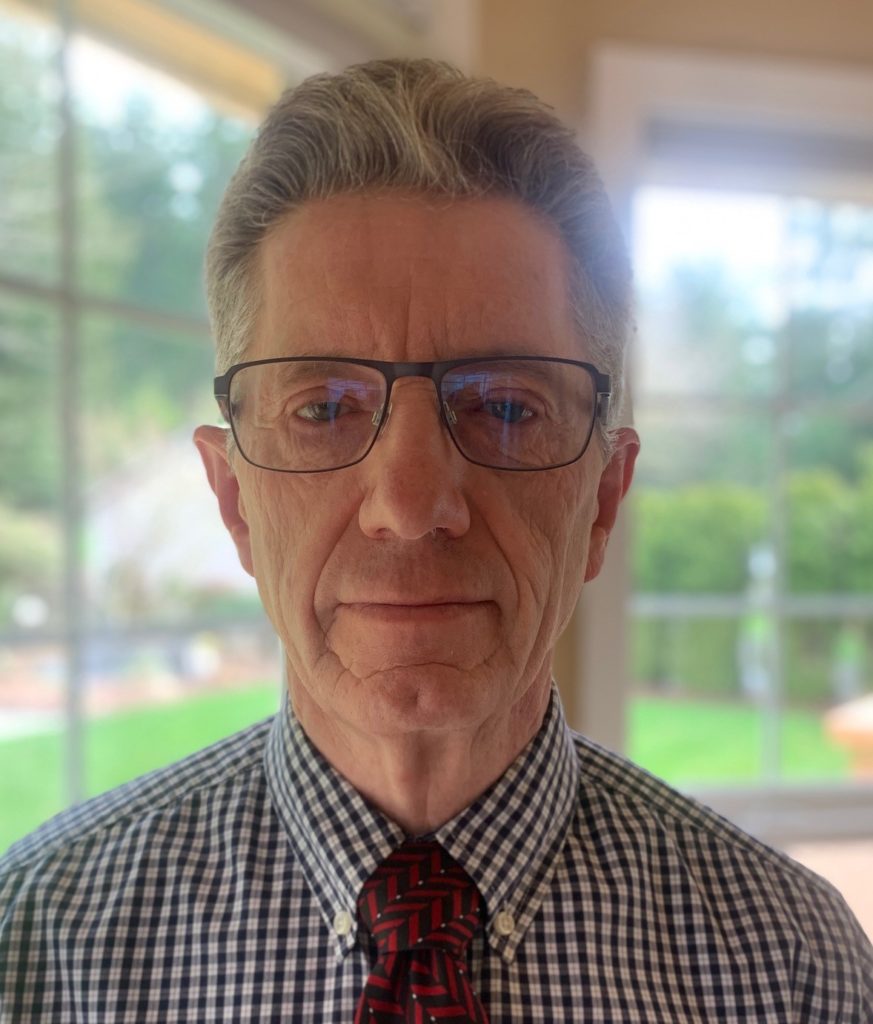
Jeffrey Hansen, PhD is a pediatric and adolescent clinical psychologist specializing in behavioral addictions and trauma in children, teens, and young adults. He is a full-time senior staff pediatric and adolescent psychologist at Madigan Army Medical Center in Tacoma, WA, and is the founder and director of the Center for Connected Living, LLC. Dr. Hansen has authored three books that address media addiction, pornography addiction, emotional dysregulation disorders, developmental trauma, Polyvagal Theory, and epigenetics.
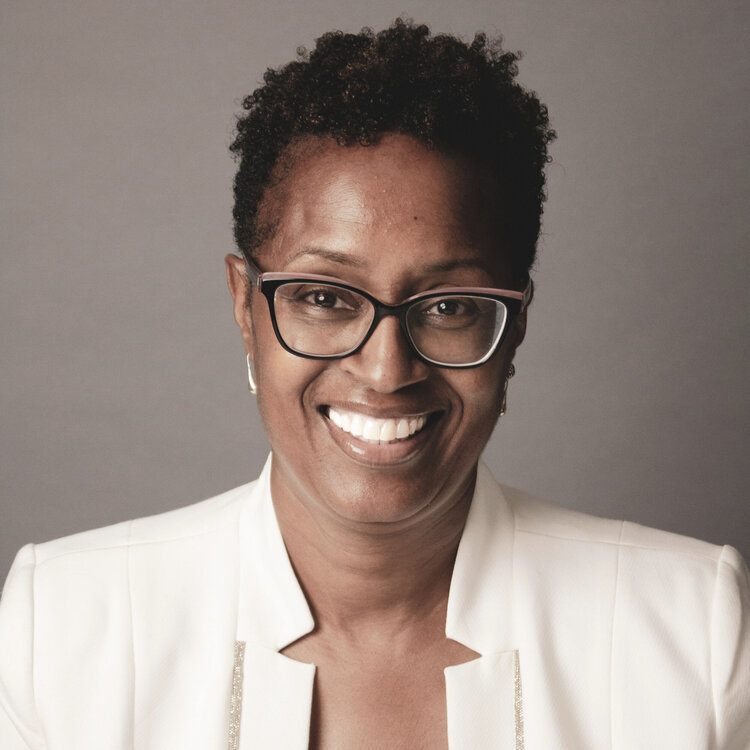
Deborah Haskins, PhD, LCPC, ACS, MAC, ICGC-II, CCGSO, BACC is a retired Counselor Educator (25 years) who received her PhD in Pastoral Counseling. She is also a Licensed Clinical Professional Counselor, and an Approved Supervisor (MD). Dr. Haskins is an Internationally Certified Gambling Counselor-II, Board Approved Clinical Consultant, International Clergy Lay Problem Gambling and Spiritual Outreach, and Master Addictions Counselor. She is President of the Maryland Council on Problem Gambling and is a recognized leader for more than 20 years in disordered gambling. Dr. Haskins has trained mental health professionals in the U.S. and abroad to understand disordered gambling and provide culturally relevant services. Her expertise and publications include gambling disorders, cultural competency, and social justice attuned mental health/wellness. She assists practitioners and faith and spiritual communities with incorporating “mental health delivery beyond traditional formats.” Her current efforts include equipping faith/spiritual communities to support disordered gambling and homicidal loss/trauma advocacy and trainings.

Ty Lostutter, PhD is an Assistant Professor and serves as the Training Director of the Psychology Internship Program for the University of Washington’s School of Medicine. He received his doctorate in Clinical Psychology at University of Washington and has been a member of the faculty in the Department of Psychiatry and Behavioral Sciences since 2009. Dr. Lostutter has broad research and clinical interests which focus on etiology, prevention and treatment of addictive behaviors and mental health. He has conducted research in the areas of college student drinking prevention, gambling prevention, alcohol and HIV prevention among youth in Vietnam; and alcohol use, academic performance and mental health among college student veterans of Afghanistan and Iraq. He has served on the ECPG Board for more than 10 years and as the Board President for the past 4 years. He has also previously served on the board of the National Council on Problem Gambling.
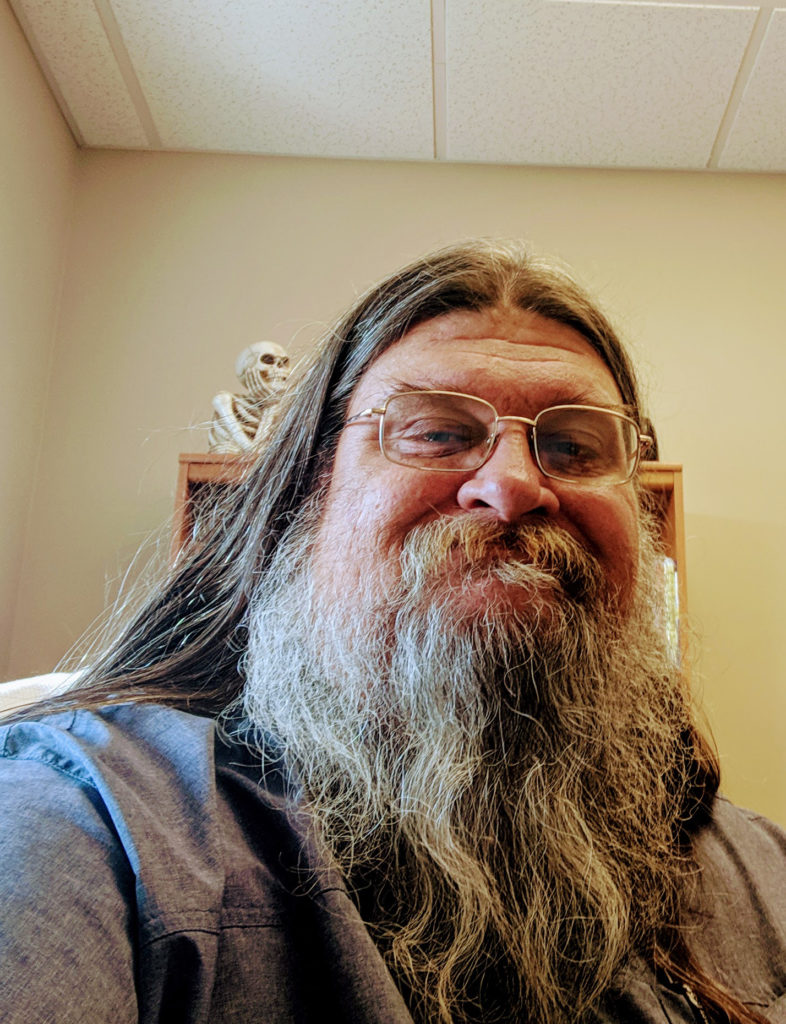
Craig McElroy, SUDP, WSCGC-II runs the program for problem gamblers at New Horizon Care Center in Spokane, WA, and has been working solely with problem gamblers for five years. Craig developed the intensive outpatient program for gamblers at New Horizon Care Centers, as well as the curriculum for that program.
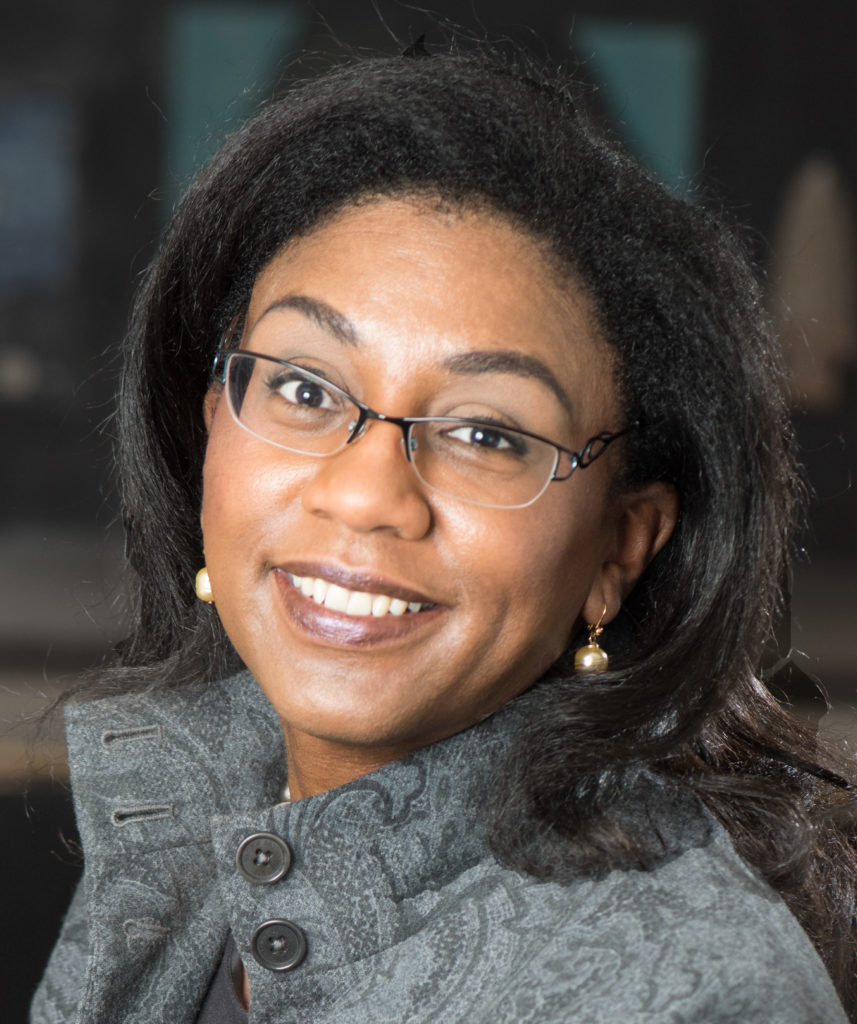
Holly N. O’Reilly, PhD is a clinical psychologist, sexual assault/harassment SME and inclusive mental health SME in the Clinical Care branch of the Defense Health Agency, Psychological Health Center of Excellence. Dr. O’Reilly serves on numerous working groups which serve to advance women’s mental health and serve marginalized populations in the Department of Defense. She currently co-chairs the JEC-Sexual Trauma Working Group, and serves as the chair of the Sexual Assault Advisory Group and the DoD Behavioral Health Diversity working group. Dr. O’Reilly received her PhD in Clinical Psychology with a minor in Women’s Studies from Northern Illinois University. She has actively sought out additional training and supervision in cross-cultural work including LGBT communities.
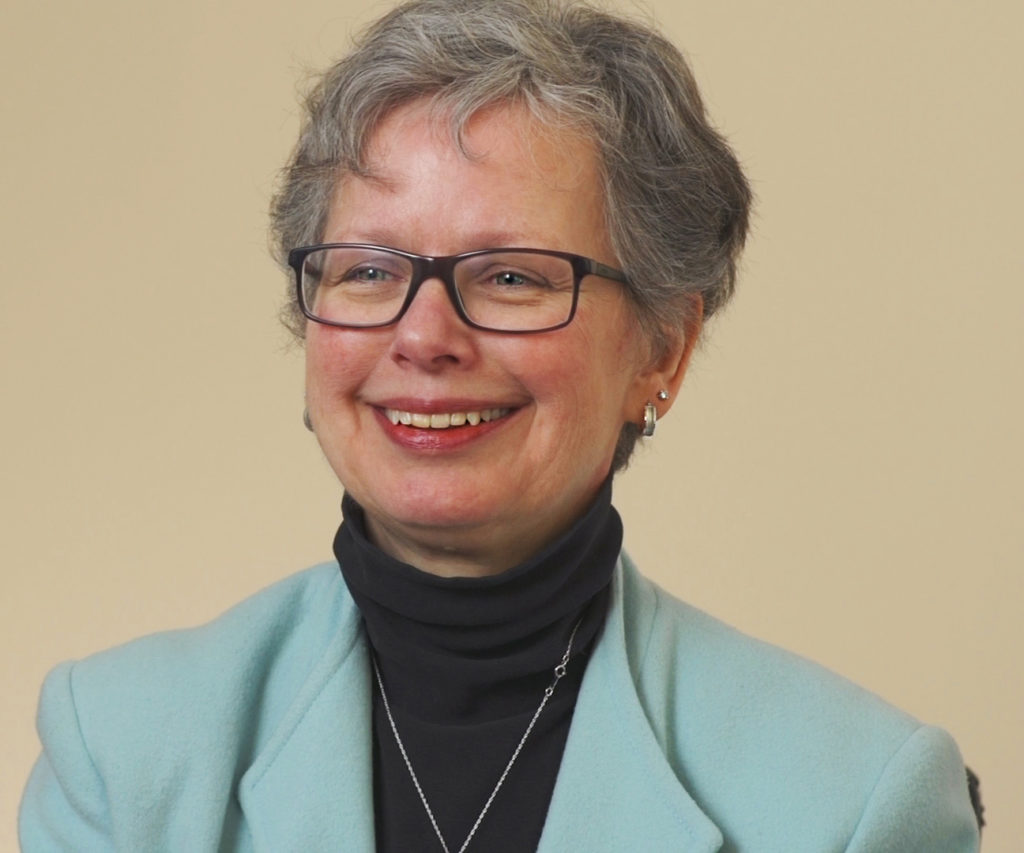
Lori Rugle, PhD, ICGC-II, BACC, brings more than 30 years of experience in the field of problem and responsible gambling, including treatment, prevention, research, and responsible gambling to her current positions. She has managed problem gambling programs within the Veterans Administration, in the private sector, and within state systems. She has participated in research on brief screening for gambling problems, as well as a broad range of other problem gambling-related research projects. She has provided consultation and training on gambling disorder throughout the United States, for the military, and internationally. She is Assistant Professor in the Department of Psychiatry, University of Maryland, and Special Projects Consultant with the Maryland Center of Excellence on Problem Gambling. She is also currently a Responsible Gambling Specialist with the North American Association of State and Provincial Lotteries (NASPL).
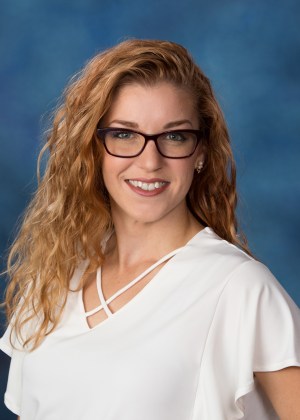
Tana Russell, SUDP, WSCGC-II, NCTTP completed her Bachelor’s in Criminal Justice from Harding University. She joined the ECPG staff as Assistant Director in September 2019. Tana has a passion for training and enjoys presenting on topics related to gambling, gaming, tobacco, addictions, treatment, and recovery. She has written program curriculum for a tobacco cessation education course and a co-occurring Gambling and Substance Use Disorder (GSUD) Relapse Prevention Treatment program, designed specifically to include both alcohol/drug and gambling terminology. She has worked with adults and adolescents, in the criminal justice, health care and OTP/MAT (Opioid Therapy Program/Medication Assisted Treatment) settings.
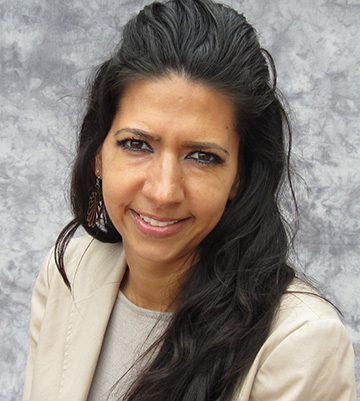
Sarah Sense Wilson, LMHC, SUDP, WSCGC-II (Oglala), has two decades of experience facilitating for a variety of therapeutic treatment groups, including Intensive Outpatient. Sarah has a decade of training and experience in the field of Problem Gambling and has served as Tulalip Tribes Family Services’ Problem Gambling Coordinator for the past six years. Sarah’s specialized attention to cross cultural and culturally responsive treatment approaches is in alignment with best practices and her tribal values and principles. Sarah’s counseling approach and orientation supports a strength-based model for working within tribal community settings. Sarah applies therapeutic techniques and interventions within a family systems framework and thereby effectively engages individuals, couples, family members, and friends in the counseling process.
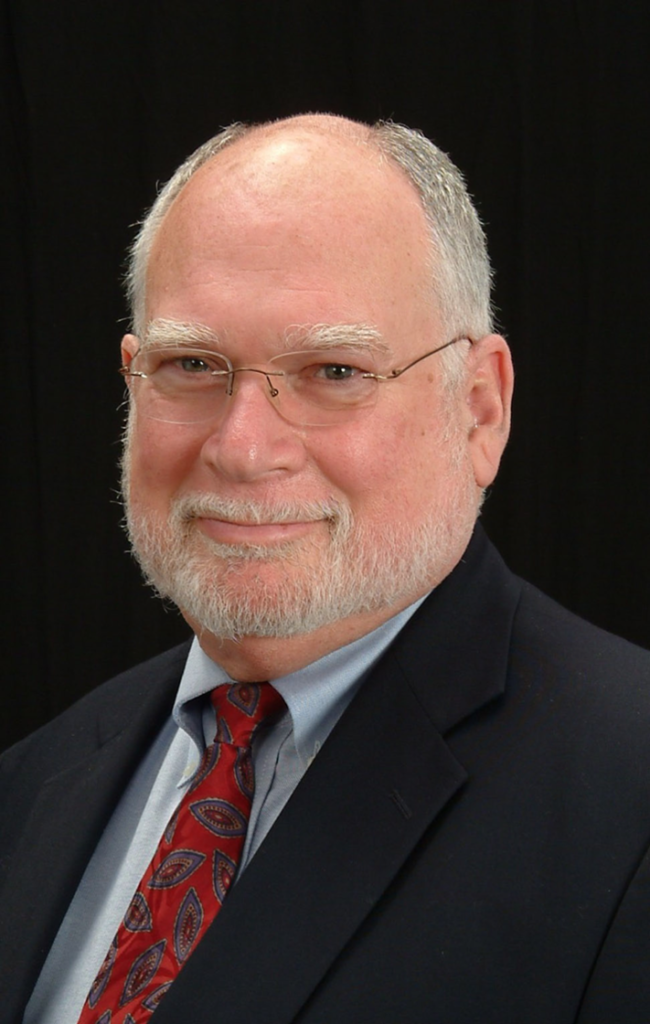
Gerald Shulman, MA, MAC, FACATA, has more than 50 years of experience in addiction and mental health as a counselor, clinical director, administrator, trainer, and consultant in public and private, single and multi-site treatment systems, civilian and military, outpatient, IOP, PHP, residential, inpatient, and detoxification programs. He is an author of all four editions of the ASAM Criteria and wrote the section on Gambling Disorder in the current edition. Jerry provides extensive training and implementation consultation on the Criteria, co-occurring disorders, treatment planning and documentation, relapse prevention, and evidenced-based practices.
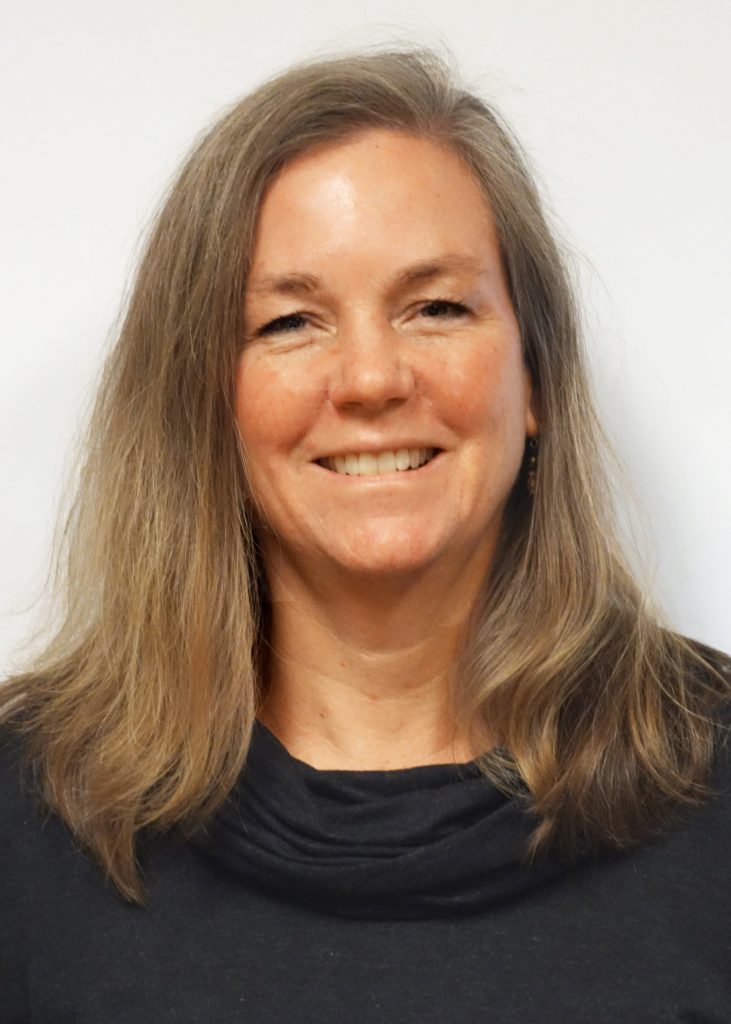
Cara Towle, RN, MSN has more than 20 years of experience in telehealth. With a Master’s degree in Nursing (University of California, San Francisco) and in International Educational Administration (School for International Training, VT), she established the UCSF International Medical Services in 1996, building clinical and educational telehealth programs reaching Asia, Europe, and the Middle East. From 2001 until 2015, she served as the founding Director for Telehealth Services at the University of Washington, creating a new rural telehealth network, delivering numerous programs and services across Washington and beyond. In 2016, she moved to the UW Psychiatry and Behavioral Sciences to develop innovative telepsychiatry services. She is a founding Board member and former Board Chair for the Northwest Regional Telehealth Resource Center, as well as a founding board member of the Washington State Telehealth Collaborative.
Download the fillable Registration Form.
To apply for a scholarship, click here.
